
Vandover and the Brute
¥8.09
Classic novel. According to Wikipedia: "Benjamin Franklin Norris, Jr. (March 5, 1870 – October 25, 1902) was an American novelist, during the Progressive Era, writing predominantly in the naturalist genre. His notable works include McTeague (1899), The Octopus: A California Story (1901), and The Pit (1903). Although he did not openly support socialism as a political system, his work nevertheless evinces a socialist mentality and influenced socialist/progressive writers such as Upton Sinclair. Like many of his contemporaries, he was profoundly influenced by the advent of Darwinism, and Thomas Henry Huxley's philosophical defense of it. Norris was particularly influenced by an optimistic strand of Darwinist philosophy taught by Joseph LeConte, whom Norris studied under while at the University of California, Berkeley. Through many of his novels, notably McTeague, runs a preoccupation with the notion of the civilized man overcoming the inner "brute," his animalistic tendencies. His peculiar, and often confused, brand of Social Darwinism also bears the influence of the early criminologist Cesare Lombroso and the French naturalist Emile Zola."

Apologia Pro Vita Sua
¥8.09
According to Wikipedia: "Apologia Pro Vita Sua (Latin: A defense of his life) is the classic defense by John Henry Newman of his religious opinions, published in 1864 in response to what he saw as an unwarranted attack on him, the Catholic priesthood, and Roman Catholic doctrine by Charles Kingsley. The work quickly became a bestseller and has remained in print to this day. The work was tremendously influential in turning public opinion for Newman, and in establishing him as one of the foremost exponents of Catholicism in England....Venerable John Henry Newman, CO (21 February 1801 – 11 August 1890) was a Roman Catholic priest and Cardinal who converted to Roman Catholicism from Anglicanism in October 1845. In early life, he was a major figure in the Oxford Movement to bring the Church of England back to its Catholic roots. Eventually his studies in history persuaded him to become a Roman Catholic. Both before and after becoming a Roman Catholic, he wrote a number of influential books, including Via Media, Essay on the Development of Christian Doctrine (1845), Apologia Pro Vita Sua (1865-66) and the Grammar of Assent (1870)."
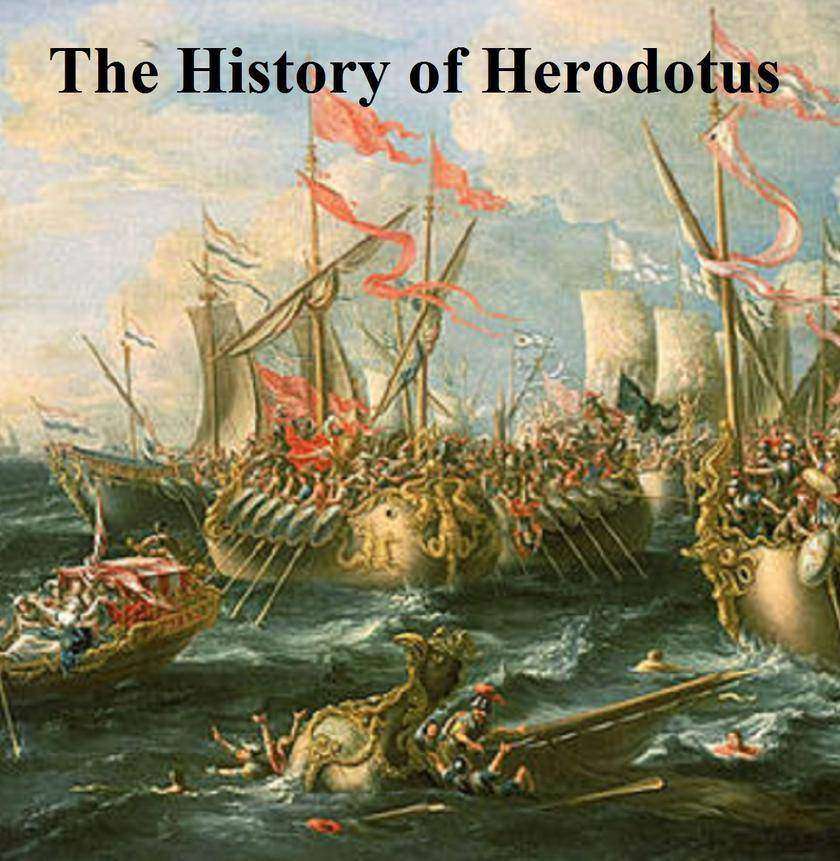
The History of Herodotus
¥8.09
Both volumes in a single file, translated by Macaulay. According to Wikipedia: "Herodotus of Halicarnassus was a Greek historian who lived in the 5th century BC (c. 484 BC–c. 425 BC) and is regarded as the "Father of History" in Western culture. He was the first historian to collect his materials systematically, test their accuracy to a certain extent and arrange them in a well-constructed and vivid narrative.[1] He is almost exclusively known for writing The Histories, a record of his "inquiries" (or ?στορ?αι, a word that passed into Latin and took on its modern meaning of history) into the origins of the Greco-Persian Wars which occurred in 490 and 480-479 BC—especially since he includes a narrative account of that period, which would otherwise be poorly documented, and many long digressions concerning the various places and peoples he encountered during wide-ranging travels around the lands of the Mediterranean and Black Sea. Although some of his stories are not completely accurate, he states that he is only reporting what has been told to him."
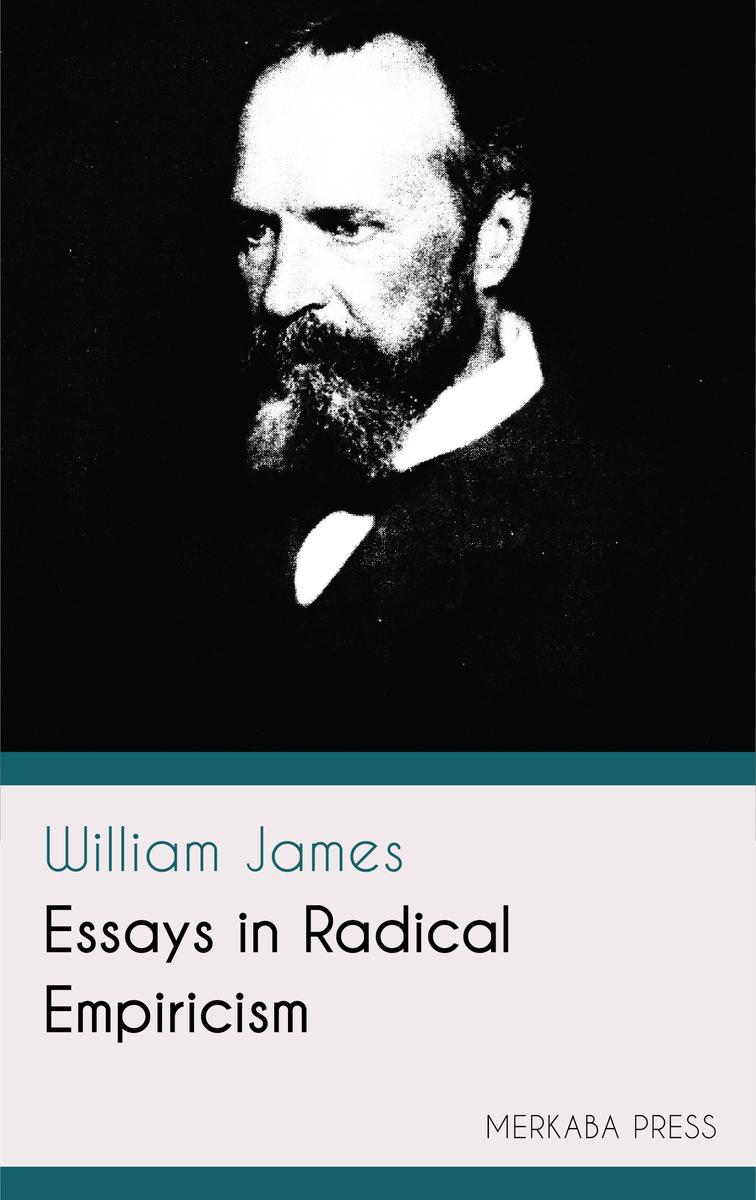
Essays in Radical Empiricism
¥8.09
Essays in Radical Empiricism
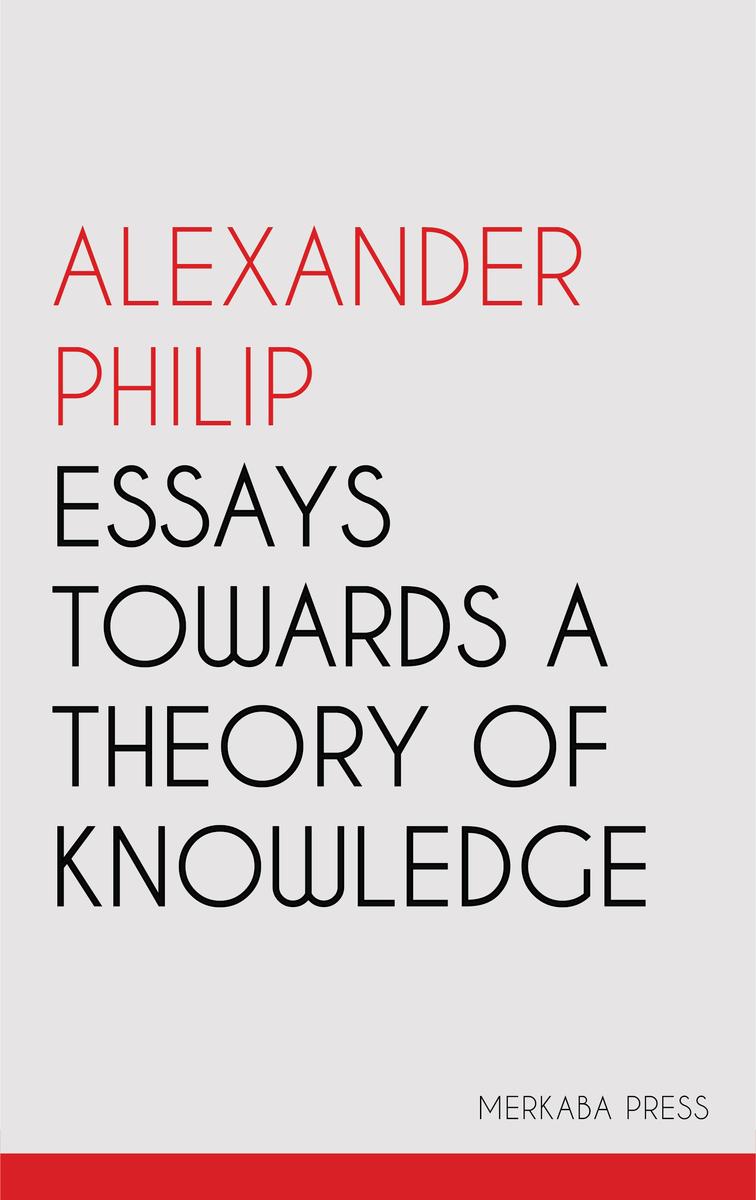
Essays Towards a Theory of Knowledge
¥8.09
Essays Towards a Theory of Knowledge
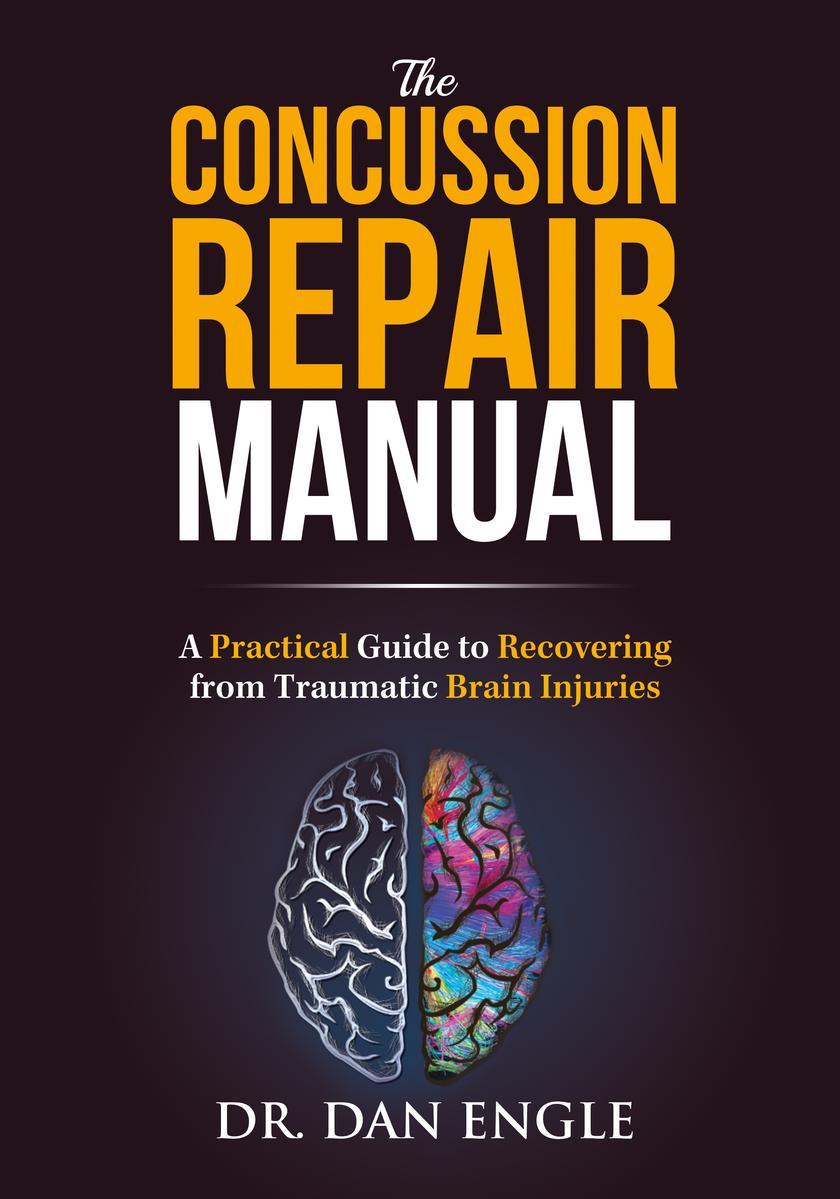
The Concussion Repair Manual: A Practical Guide to Recovering from Traumatic Bra
¥81.50
Concussion -- the biggest name in today's high-impact sports. As more and more high profile athletes come forward to share their stories of invisible suffering after head injuries, we as a culture are finally acknowledging this silent epidemic. The Concussion Repair Manual is written as a user’s guide for those suffering after head traumas and those that support them. ?It is one-part “textbook,” packed with the leading research on medical technologies for healing the injured brain, and one-part “workbook,” offering a step-by-step method for making and tracking a personalized recovery regimen. Dr. Dan Engle's background and passion for concussion repair stem from a three-decade investigation into the many modalities for healing his own traumas. ?When the usual medical treatments didn’t help, he explored what was possible, found what worked and put them into this manual - "the best of the best" in the medical arena for recovering from sports related head injury. Reviews "A game changer. This book is the most useful piece of literature I have ever read on concussion." - Matt Cook, MDFounder, BioReset Medical "(This) book can also be used as a simple tool to get smarter and think better, even if you haven't had a concussion. Whether you are a physician, a patient or simply an optimal health seeker, this book is a must-have for your personal health library." - Ben Greenfield, Human Performance Consultant, BenGreenfieldFitness.com "Dan's CRM is required reading for concussion patients, their caregivers, and all allied healthcare practitioners who care for these patients. There is a better way and this is it. "- Scott Sherr MD, Founder, Integrative HBOT, Head of Protocol and Innovation at Hyperbaric Medical Solutions, @hmsHBOT About the Author Dr. Dan Engle is Board Certified in Psychiatry and Neurology, with a clinical practice that combines functional medicine, integrative psychiatry, neuro-cognitive restoration and peak performance methods. He lectures and consults globally and is the medical advisor to Onnit Labs, the True Rest Float Centers and several international treatment centers using indigenous plant medicines for healing and recovery.

Belas palavras de amor
¥8.18
Cinquenta pequenas histórias que v?o deixar você emocionada e que v?o inspirar o seu cora??o a se expressar.S?o histórias doces, que acontecem no cotidiano daquelas pessoas que amam e se deixam amar. S?o palavras simples, mas que se ditas com sinceridade, tornam-se belas.
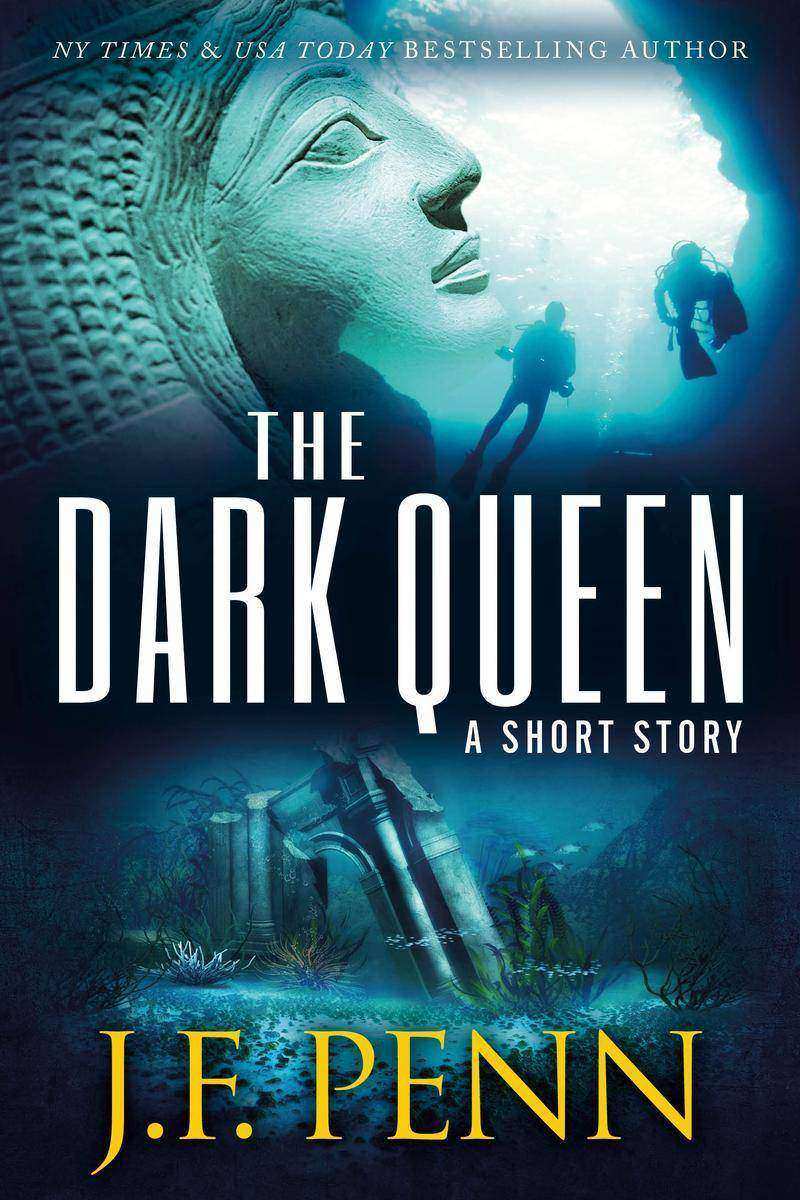
The Dark Queen: A supernatural short story
¥8.09
A sunken city. A lost goddess … and the woman who longs to find her. Lara is part of a dive team exploring the sunken city of Thonis-Heraklion off the north coast of Egypt. When a storm threatens the site, there's only time for one last dive and Lara is determined to be on it – even if it means diving with the man who threatened her this summer. Because The Dark Queen is down there and Lara intends to find her before it's too late ... Sink beneath the waves in this supernatural short story from New York Times and USA Today bestselling author, J.F.Penn
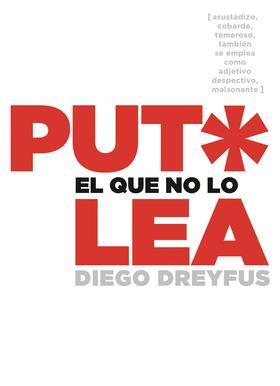
Put* el que no lo lea
¥49.60
"El título de este libro tiene el propósito de picar tu ego, si te ofende en lugar de hacerte reír, estás regalándome tu poder y si te reíste sabes que el título no explica nada sobre el contenido del libro. El contenido del libro es muy práctico y está enfocado en mejorar tu calidad de vida, en encontrar tu don y saber usarlo en el sistema capitalista. En realidad puedo ser soez y grosero, pero si una palabra te afecta, no sabes realmente de qué estás hecho. Las palabras no son malas, dependen de la intención que hay atrás.? Lo que puedo hacer es ayudarte a decidir quién eres, a qué vienes al mundo, que disfrutes y tengas creencias que te den una mejor calidad de vida. Es un libro que me tomó varios a?os escribir y a ti te tomará muy poco tiempo leer si lo que buscas es saber quién eres. En este libro hablo desde lo filosófico hasta lo más práctico. Descubrir tu don y cómo vivir bien en este sistema no tiene que ser tan difícil pero el primer paso es cuestionar tus creencias."

Точка возврата - Женский любовный роман
¥38.07
Спустя три года после смерти мужа Женя так и не сумела обрести вкус к жизни. Она растит сына, терпит капризы матери, тянет лямку на работе в отделе кадров фарфорового завода. Евгений Халтурин, столичный кризисный менеджер, приезжает, чтобы запустить процедуру банкротства завода. Молодой, амбициозный и деятельный начальник раздражает Женю, и она высказывает негативное мнение о предстоящем банкротстве… Халтурин начинает размышлять о словах невзрачной кадровички, понимая, что хочет обязательно сделать ее своей союзницей. Но зачем? Женя разительно отличается от тех уверенных в себе элегантных светских женщин, которые привлекают его… Издательство Animedia Company желает вам приятного чтения.

Shadow Faerie
¥40.79
Enter the dazzling and deadly world of Unseelie royalty in the penultimate Creepy Hollow book! Emerson Clarke thought magic might solve all her problems. Turns out, magic only made her life more complicated. Her sick mother is in a worse position than before, and Em just made a risky deal with an Unseelie prince: he will heal her mother if Em agrees to the ultimate alliance—marriage. With the possibility of finally getting the one thing she’s always wanted, Em enters the dangerous world of the Unseelie Court. She’ll learn whatever she has to about magic and etiquette in order to fake her way through palace life until Prince Roarke fulfills his side of the bargain.But when someone unexpected shows up, bringing to light the secrets Roarke and his family are keeping from her, Em’s plans begin to unravel. She’ll soon have to decide once and for all: how far is she willing to go to save her mother? Be prepared for breathtaking magic, twisted plots, a hint of romance, and more shocking revelations!

Чудо в перьях - Сказки для подростков
¥22.81
Свою новую экзотическую повесть о зверях и людях ?Чудо в перьях? ее автор адресовал тинейджерам. Именно в этом возрасте многие из них впервые задумываются над такими извечными вопросами, как: кто я? для чего живу? что такое любовь? Этими вопросами озабочен и главный герой повествования — неизвестный науке птицезверь по имени Хрум, обитающий в джунглях одной из далеких стран Юго-Восточной Азии. Он не желает жить ?по законам джунглей?, потому что окружающая его действительность наполнена насилием и кровожадностью. Хруму больше нравятся законы доброты, взаимной помощи и уважения, по которым живут дикие слоны, повстречавшиеся ему по пути к Большой Мутной реке. Главными героями повести выступает также троица юных представителей человеческого сообщества — Элиз Смит, Майк Питерс и Рэй Картер, которые приходят на помощь попавшему в беду странному зверенышу. Хрум вновь оказывается в своем привычном мире, где встречает похожее на него самого ?чудо в перьях?. Встреча с незнакомкой впервые пробуждает в нем неведомое ему ранее чувство… Повесть ?Чудо в перьях? написана в стиле экшен, с присущими автору мягким юмором и ?киношной? калейдоскопичностью построения сюжета. Издательство Animedia Company желает вам приятного чтения.
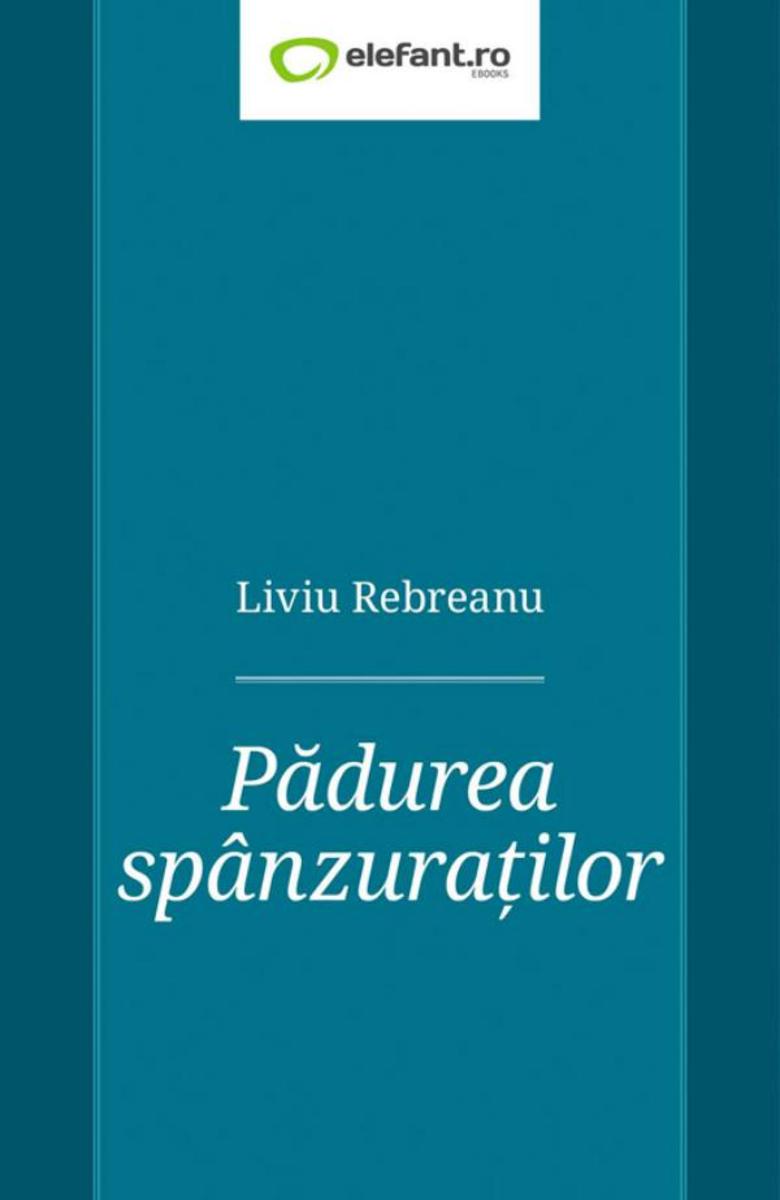
P?durea sp?nzura?ilor
¥0.01
P?durea sp?nzura?ilor este un roman din categoria prozei de analiz? psihologic?, scris de Liviu Rebreanu. Inspirat de un eveniment real, condamnarea la moarte ?i apoi execu?ia prin sp?nzurare a fratelui lui Liviu Rebreanu, Emil, ofi?er ?n armata austro-ungar?, care a ?ncercat s? dezerteze ?i s? ajung? ?n liniile rom?ne?ti. P?durea sp?nzura?ilor configureaz? un univers dominat de r?zboi, ?i p?ndit de perspectiva mor?ii prin sp?nzurare, prezentat? chiar din primele scene ale romanului. Personajul principal, Apostol Bologa, este un intelectual confruntat cu mai multe drame de con?tiin??. Identitatea na?ional? a sa este pus? ?n cump?n? pe fondul ascensiunii na?ionalismului ?n jurul ?i chiar ?n interiorul Imperiului Austro-Ungar. Un personaj simbolic e locotenentul ceh Svoboda (cu nume programatic, provenit din cuv?ntul slav svobod?, ?slobod“, ?liber“), de la care Apostol Bologa ?nva?? re?eta libert??ii. Formula narativ? se schimb?, naratorul investigheaz? impactul evenimentelor ?n con?tiin?a personajului.

Via?a e u?oar?, nu-?i face griji
¥65.32
ntoars din Irlanda, Diane este hotrt s nceap o via nou la Paris. Cu ajutorul prietenului su, Félix, redeschide cafeneaua literar Oamenii fericii citesc i beau cafea“, oaza ei de linite. Acolo l ntlnete pe Olivier. Un brbat blnd i atent, care nelege refuzul ei de a deveni din nou mam, dup pierderea cumplit pe care a suferito.Dar o ntmplare neateptat o bulverseaz pe Diane i i spulber toate certitudinile.Va avea ea oare curajul de ai construi un nou cmin"Talentul de povestitoare al lui Agnès MartinLugand este incontestabil cunoate n profunzime alfabetul complicat al iubirii." - Le Figaro"Agnès MartinLugand are un sim nnscut al povestirii." - L'Express

Desc?ntec de dragoste
¥7.36
Jack Langdon, Lord Frayne, trateaz? cu foarte mult? seriozitate onoarea str?vechii sale familii ?i,icircn acela?i timp, ascunde un secret pe care icircl consider? ru?inos: darul de vr?jitor, pe care a fost icirc nv??at s?-l reprime ?i s?-l resping?. Cacirc nd un accident icirc;l aduce pe Jack icirc;n pragul mor?ii, unica lui ?ans? de supravie?uire este Abigail Barton, o vindec?toare talentat?. Abigail trebuie s? icirc;?i asume un mare risc pentru a-i salva via?a lordului Frayne, a?a c? va cere icircn schimb un pre? pe m?sur?: c?s?toria cu Jack. Acesta nu icirc nt acirc rzie s? accepte ?i curacirc;nd se simte atras de sincera lui so?ie, al c?rei farmec este la fel de puternic ca ?i trezirea propriilor abilit??i magice la racirc;ndul ei, Abigail este impresionat? de sensibilitatea ?i bl acirc nde?ea lui Jack. Cunoscacirc nd icirc ns? prea bine ura acestuia fa?? de magie, hot?r??te s? tr?iasc? desp?r?it? de el dup? conceperea copilului pe care ?i-l dorise at acirc;t de mult, pentru ca Jack s? icirc ?i poat? p?stra reputa?ia, iar ea s? icirc ?i poat? îndeplini menirea de vindec?toare. Cu toate acestea, iubirea care se na?te icirc;ntre ei se dovede?te a fi cea mai misterioas? ?i mai seduc?toare for?? pe care au cunoscut-o vreodat?.

Valley Of Dry Bones
¥30.98
An ancient prophecy. An occult secret. The power to raise the dead. From New York Times and USA Today bestselling thriller author, J.F.Penn. When a long-hidden tomb and a body covered in Voodoo symbols are found in New Orleans, ARKANE agent Jake Timber discovers a mystery that stretches back to the Spanish Empire and the bloody dungeons of the Inquisition. But he is not the only one who seeks the Hand of Ezekiel. A shadowy billionaire, backed by those who seek immortality at any price, will stop at nothing to find the relics that can turn bones to living flesh. When disaster strikes in the heart of the Louisiana bayou, Jake calls on ARKANE agent Morgan Sierra to help him once more as they race against time across the outposts of the Spanish Empire. From Madrid and Toledo to the Philippines, Peru, and on to New Orleans and San Francisco, can Morgan and Jake find the relics and stop the resurrection of the dead? A page-turning archaeological thriller with elements of the supernatural and occult, Valley of Dry Bones blends religious mystery with Indiana Jones-style action adventure. Valley of Dry Bones is book 10 in the ARKANE action adventure thriller series but can be read as a stand-alone novel.

Co-writing a Book: Collaboration and Co-creation for Authors
¥48.97
Co-writing can be an amazing experience when two minds come together to create something new in the world. Or it can be a painful process that ends in disaster! In this short book, bestselling authors J. Thorn and Joanna Penn share tips on how to successfully co-write a book and avoid the pitfalls along the way. It includes excerpts from their private co-writing diary, honest notes written every day on a fiction project that will help you on your own journey. Updated 2017 with a new chapter based on a four-author collaborative novel. In this book, you will discover: * What is co-writing? * Benefits of co-writing * The difficulties of co-writing * Finding the right person to co-write with * Before you start: written legal agreement * Practicalities and process of co-writing and co-creation * Excerpts from Risen Gods co-writing diary * What happens if it goes wrong? * Other types of collaboration and co-creation * Tips for multi-author boxsets * Tips for managing a multi-author collaboration * Appendix 1: Example agreement If you want to improve your writing skills and your productivity, co-writing might be the right thing for you. Download a sample and try the book.

150 Everyday Uses Of English Prepositions: Elementary to Intermediate
¥0.01
The secret to speaking English perfectly This is book one of the very popular series ‘150 Everyday Uses of English Prepositions’.In this final book we take you from intermediate to advanced usage. Do you sometimes worry if your English sounds broken? If you do then you should definitely? concentrate on improving your use of prepositions. Why? Because prepositions are literally the glue that stick English together. If you are not using them properly then your English will sound broken. This book will:Help you get a higher score in TOEFL and other tests.Help you sound more fluent.Improve your listening skills.Teach you real everyday English.Give you confidence that you are using English correctly. So if you are an elementary or intermediate English learner and want to take your language skills to the next level please get a copy today and never speak ‘broken English’ again.

Perdidos na floresta
¥7.63
Um casal de namorados se aventura em uma floresta mal assombrada para terem um momento de privacidade e amor, porém acabam se perdendo e sendo alvos de um?fantasma vingativo.

Analiza Financiara pe intelesul tuturor
¥48.97
Aceasta carte se adreseaza nu numai specialistilor in economie, ci tuturor celor interesati sa inteleaga filosofia din spatele analizei financiare. Scrisa intr-un limbaj accesibil publicului larg, cartea ofera peste 50 de exemple si studii de caz practice, inspirate din experienta personala a autorului. Autorul se foloseste de premisa data pentru a face o descriere practica nonconformista a activitatii bancare, dar si a anumitor comportamente antreprenoriale, in scopul educarii si dezvoltarii personale a cititorului. Pentru tinerii absolventi de studii economice, aflati la inceputul carierei, cartea reprezinta un indrumar unic, intr-o piata dominata de scrieri pur teoretice. Cosmin BAIU are o experienta vasta in domeniul economic. Lucreaza de peste 20 ani in cadrul unor companii bancare de top la nivel european, ocupand multiple pozitii de management executiv, inclusiv membru al mai multor Comitete de Credit. Domnul BAIU are o experienta ce imbina activitatea de analiza a riscului cu activitatea de vanzare retail si corporate, ceea ce ii permite o viziune de ansamblu, unica, a lumii financiar-bancare.

Siddhartha
¥7.85
Digitalisiert vom Projekt Gutenberg Eine indische Dichtung ist eine Erz?hlung von Hermann Hesse, die im S. Fischer Verlag in Berlin im Jahr 1922 zum ersten Mal ver?ffentlicht wurde. Siddhartha, der Brahmane Das Buch handelt von einem jungen Brahmanen namens Siddhartha und seinem Freund Govinda. Der von allen verehrte und bewunderte Siddhartha widmet sein Leben der Suche nach dem Atman, dem All-Einen, das in jedem Menschen ist. Siddhartha, der Samana Seine Suche macht aus dem Brahmanen einen Samana, einen Asketen und Bettler. Govinda folgt ihm auf diesem Weg. Siddhartha spürt jedoch nach einiger Zeit, dass ihn das Leben als Samana nicht an sein Ziel bringen wird. Zusammen mit Govinda pilgert er zu Gautama, dem Buddha. Doch dessen Lehre kann er nicht annehmen. Siddhartha erkennt zwar, dass Gotama Erleuchtung erlangt hat und zweifelt die Richtigkeit seiner Lehre nicht an, jedoch glaubt er, diese sei allein für Gotama selbst gültig. Man kann nicht durch Lehre Buddha werden, sondern muss dieses Ziel mittels eigener Erfahrungen erreichen. Aus dieser Erkenntnis heraus begibt er sich erneut auf die Reise und beginnt einen neuen Lebensabschnitt, w?hrend sich sein Freund Govinda Gotama anschlie?t. Siddhartha bei den ?Kindermenschen“ Intensiv erf?hrt er nun seine Umgebung und die Sch?nheit der Natur, welche er zuvor als Samana zu verachten lernte. Er überquert einen Fluss, wobei ihm der F?hrmann prophezeit, er werde einst zu diesem zurückkehren, und erreicht eine gro?e Stadt. Hier begegnet er der Kurtisane Kamala, die er bittet, seine Lehrerin in der Kunst der Liebe zu werden. Um sich ihre Dienste leisten zu k?nnen, wird er Kaufmann. Anfangs sieht er das Streben nach Erfolg und Geld nur als eine wunderliche Eigenart der ?Kindermenschen“, wie er die dem Weltlichen ergebenen Menschen nennt. Bald wandelt sich jedoch sein ?bermut in Hochmut und er wird selbst den Kindermenschen immer ?hnlicher. Erst ein Traum führt ihm dies vor Augen und erinnert ihn wieder an seine




 购物车
购物车 个人中心
个人中心



